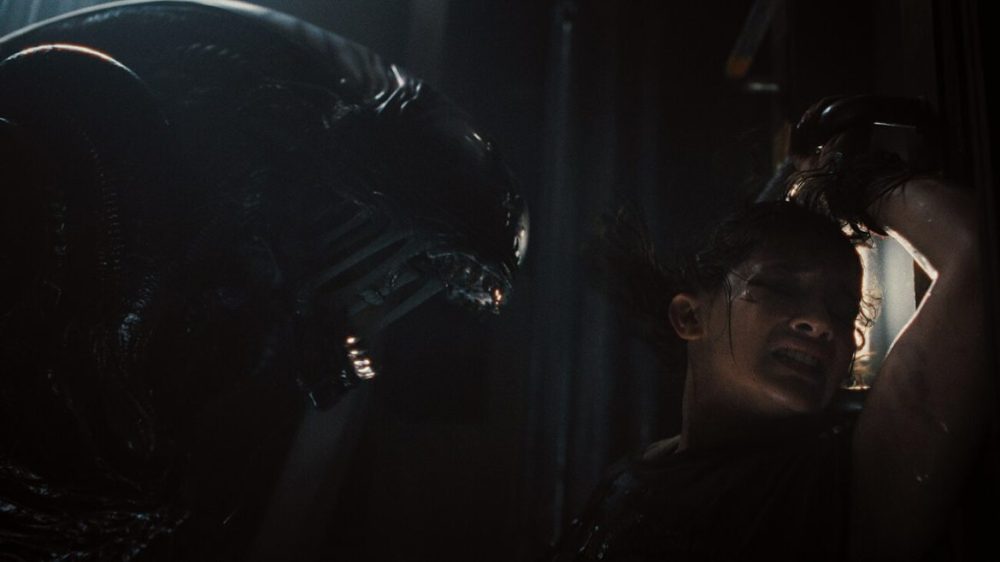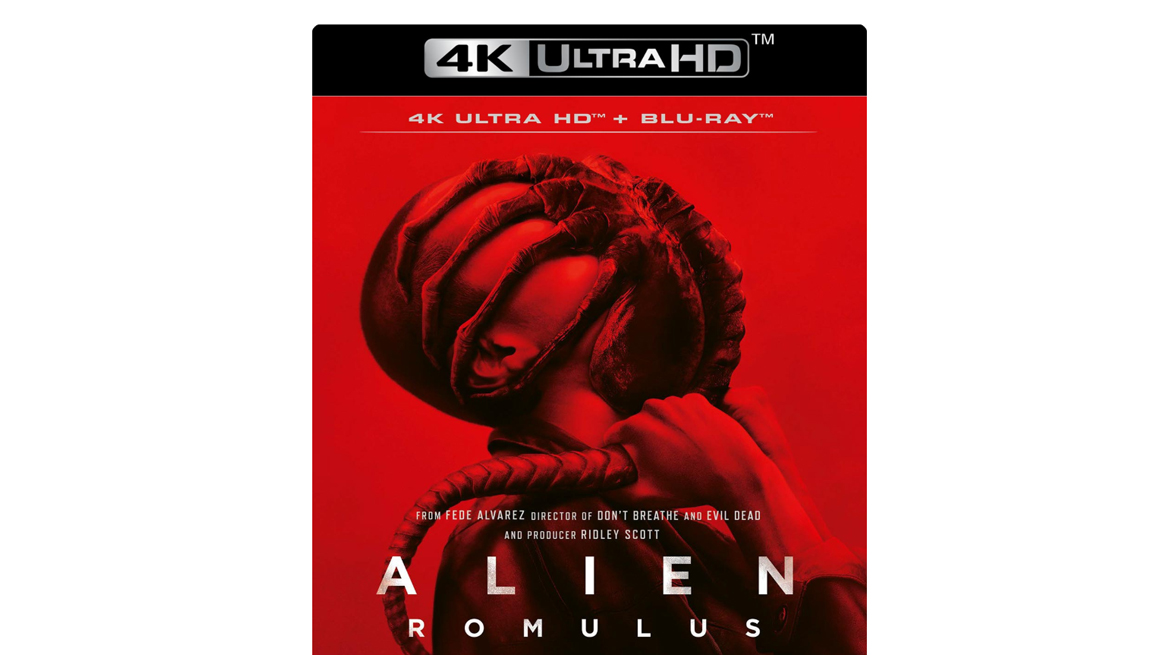TL;DR
Alien: Romulus on UHD is a visually stunning and sonically immersive experience, boasting a near-perfect transfer with Dolby Vision and exceptional Dolby Atmos sound. While the reviewer found the film's character development lacking and some plot points implausible, leading to a less engaging story on rewatch, the technical presentation is undeniably top-tier, thanks to impressive practical effects. Bonus features offer good insight, including a fascinating chat between Fede Alvarez and Ridley Scott. If you're an Alien fan or appreciate high-quality home cinema, this UHD release is highly recommended for its flawless presentation. Dive into the full review to see if the technical brilliance can overcome the narrative weaknesses for you!
Having previously reviewed Alien: Romulus in theaters, this review will focus specifically on the UHD version.
Alien: Romulus achieved considerable success in 2024, becoming one of the highest-grossing films in the Alien franchise to date. While many viewers lauded it, some considering it the best entry in the series, I found myself moderately impressed. The film undeniably boasts a stylish aesthetic, largely achieved through practical effects, and features a standout sequence involving a mass attack by facehuggers. However, a significant issue for me was the lack of compelling character development. Attempts to establish tension between the characters felt superficial and were often undermined by implausible and questionable decisions.

Unfortunately, on a second viewing, these shortcomings became even more apparent, resulting in a somewhat tedious experience. This is particularly disappointing given director Fede Alvarez’s proven competence and ability to generate palpable tension in his previous works. It is evident that he is a dedicated fan of the film series, striving to incorporate the best elements from each installment. As noted in my theatrical review, the film might have resonated more strongly had it been my first exposure to the Alien universe, allowing the familiar plot points to feel fresh and impactful rather than derivative.
Despite my reservations about the film itself, this UHD edition offers a highly competent home theater experience. The image is encoded using HEVC H.265 in 2160p, sourced directly from the Arri Alexa cameras used during filming, resulting in a virtually lossless transfer. Combined with Dolby Vision, this delivers an exceptionally visually rich presentation. The film’s visual language relies heavily on dark creatures inhabiting dimly lit environments, where lighting plays a crucial role in creating suspense and obscuring details. I found it necessary to disable the subtitles due to their excessive brightness, which interfered with my night vision and obscured the subtle nuances within the picture. Image quality is virtually unparalleled. The extensive use of practical effects and in-camera techniques further enhances the viewing experience.

The Dolby Atmos sound design, mirroring the picture quality, is exceptionally well-executed, leaving little room for complaint. The only minor issue encountered was the need to increase the audio volume by a few decibels to match the levels typically experienced with other releases. This appears to be a recurring characteristic of films associated with Disney. The audio shines during scenes featuring the stealthy movements of facehuggers and the chaotic crashes of spacecraft, punctuated by moments of stark silence, culminating in a truly immersive sound experience.
The disc also includes a substantial amount of bonus content, featuring standard documentaries that explore both the legacy of the franchise and the making of the new film. Several deleted scenes are also included, although the absence of commentary tracks for these scenes, or the film itself, is regrettable. Particularly noteworthy is an interview between Alvarez and Ridley Scott, where they discuss the original film, showcasing Alvarez’s evident admiration for Scott’s work.

In conclusion, while I remain somewhat ambivalent towards Alien: Romulus, the exceptional UHD edition elevates the overall experience. For enthusiasts of the film, this release is highly recommended. I would even extend a recommendation to others, as the film contains undeniably strong scenes and, coupled with this flawless presentation, offers an engaging viewing experience.
SF Studios provided review copies for this evaluation. The provision of materials does not influence our editorial independence. Our reviews are always conducted with the reader and consumer as our primary focus.

